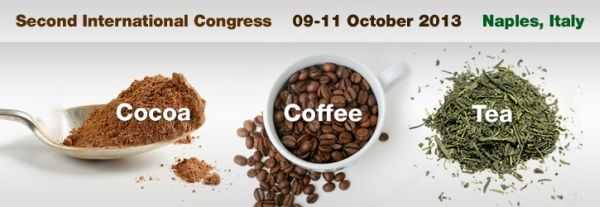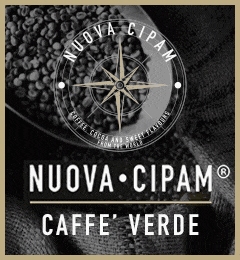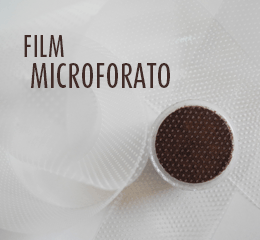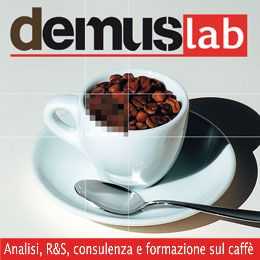CHEMISTRY AND FATE OF TEA AND COCOA PHENOLIC COMPOUNDS IN FOOD AND BIOLOGICAL SYSTEMS
Kokkinidou S., Zhang L.,Peterson D.G.*
Department of Food Science and Nutrition, 1334 Eckles Avenue, 145 FScN Building,University of Minnesota, St. Paul, MN USA 55108
The flavanols in tea and cocoahave been reported to influence the mechanisms of the Maillard reaction. Maillard products are well known to impact the quality of food (i.e. flavor, color, therapeutic and toxic compounds) as well as can negatively impact regulatory biology.
Maillard derived reactive carbonyl species (RCSs) have been associated with several pathological conditions. Consequently understanding phenolic-Maillard reactions provides a basis to understand the role of dietary phenolic compounds on product quality of cocoa and tea.
This presentation will focus on the reactivity of the flavanols to trap Maillard derived RCSs in food materials (i.e. cocoa) and in animal models.
Additionally, the application of these phenolic compounds as an ingredient technology to suppress undesirable Maillard-type off-flavor development during processing and storage of foodstuffs (i.e. aseptic milk) will be discussed.
In cocoa, novel phenolic-carbonyl trapping reactions were identified and demonstrated to have bitter modulation activity. Similar reaction pathways were also reported in animal model systems (rats) and provide insight into the influence of dietary phenolic compoundsfrom these products on biochemistry.















